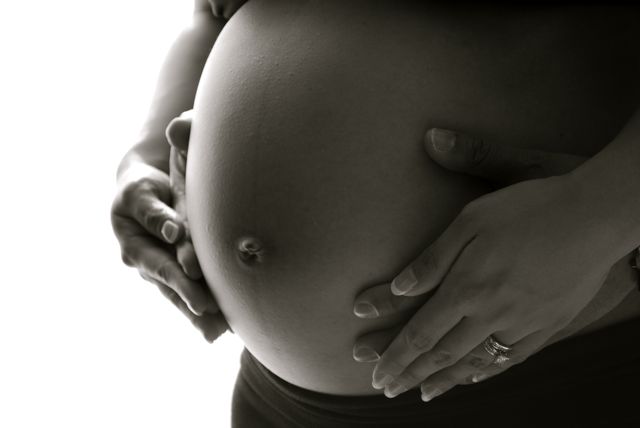
Baltimore, MD – Doctors from McGill University in Montreal have found that outcomes from IVF cycles with older egg donors are not significantly different from those with younger donors.
In a retrospective cohort study to be presented at the 71st Annual Meeting of the American Society for Reproductive Medicine (ASRM), showed that pregnancy and live birth rates from egg donation cycles with donors over 35 years of age are comparable to the outcomes of cycles using eggs from donors under 35.
They compared the outcomes of 345 donor cycles in which the egg donors were under 35 (with an average age of 27.9) with 83 cycles in which the egg donors were over 35 (average age 37.2). The older donors received higher doses of hormonal medication and produced lower numbers of oocytes and embryos. However, there were not significant differences in the pregnancy rates and delivery rates in cycles using older and younger donors.
ASRM President, Rebecca Sokol, MD, MPH remarked, “In Canada, the prohibition of compensating gamete donors has led to a large gap between the number of patients needing donor eggs for their infertility treatment and the number of egg donors. Extending the limit of acceptable donor age could make the process easier for Canadian patients with friends or family over 35 who want to donate eggs to them, and also expand the pool of altruistic donors who want to help patients unknown to them. In the United States, a greater willingness to work with older donors could also help patients who prefer to work with a relative or friend as donor.”
